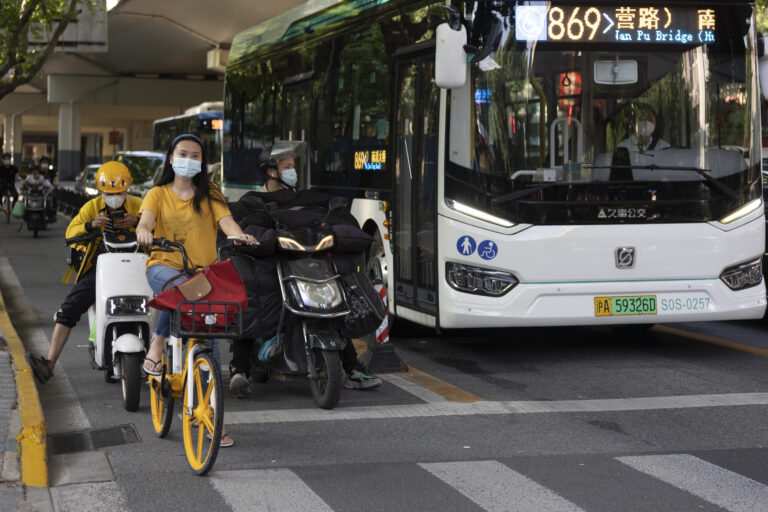
More than two-thirds of the world’s population probably have significant levels of COVID-19 antibodies, meaning they have either been infected or were vaccinated, the World Health Organization said.
So-called seroprevalence rates surged to 67% in October from 16% in February of 2021, the WHO said, in a summary of studies from around the globe. Given the emergence of the fast-spreading omicron variant, the figure is probably even higher now.
The WHO’s roundup offers a snapshot of how well the world is increasing resistance to the pandemic. While vaccines provide only modest protection against infection from omicron, the WHO still urged countries to boost vaccination rates, especially for people in high-risk groups, because immunization gives higher levels of protection against severe disease than a previous COVID infection.
People who have both been infected with COVID and vaccinated have the best protection against severe outcomes, according to most studies, though it’s unclear if that will be true with new variants, the WHO said.
Data show lower levels of seroprevalence in children aged 9 and under and in people over 60 compared with those in their 20s, the WHO said. In low- and middle-income countries, most seroprevalence indicates past infections rather than vaccinations.
The presence of antibodies generally wanes over time and the level and persistence of immunity depend on a host of factors, the health body said, adding that further studies are necessary to determine how quickly protection diminishes.
___
© 2022 Bloomberg L.P Distributed by Tribune Content Agency, LLC
0 comments :
Post a Comment